Lucy Letby: Whistleblowing doctor deluged with NHS staff concerns
- Published
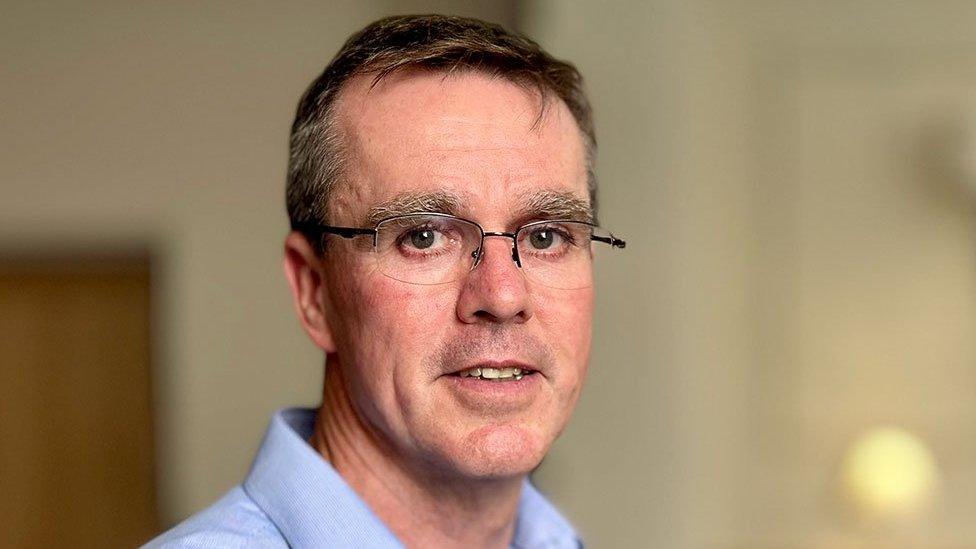
Dr Stephen Brearey, lead consultant on the neonatal unit, raised concerns about her in October 2015
A doctor who raised concerns about Lucy Letby has said he has been "deluged with emails" from NHS staff worried about how whistleblowing is handled.
Dr Stephen Brearey said managers were using procedures to punish those who raise patient safety concerns.
He flagged a link between Letby and baby deaths at the Countess of Chester Hospital in 2015 but was ignored.
Letby was handed multiple whole-life terms for murdering seven babies and trying to kill six others on 21 August.
The first five murders all happened between June and October 2015 at the hospital's neonatal unit and despite months of warnings, Letby was still able to carry out two further killings in June 2016.
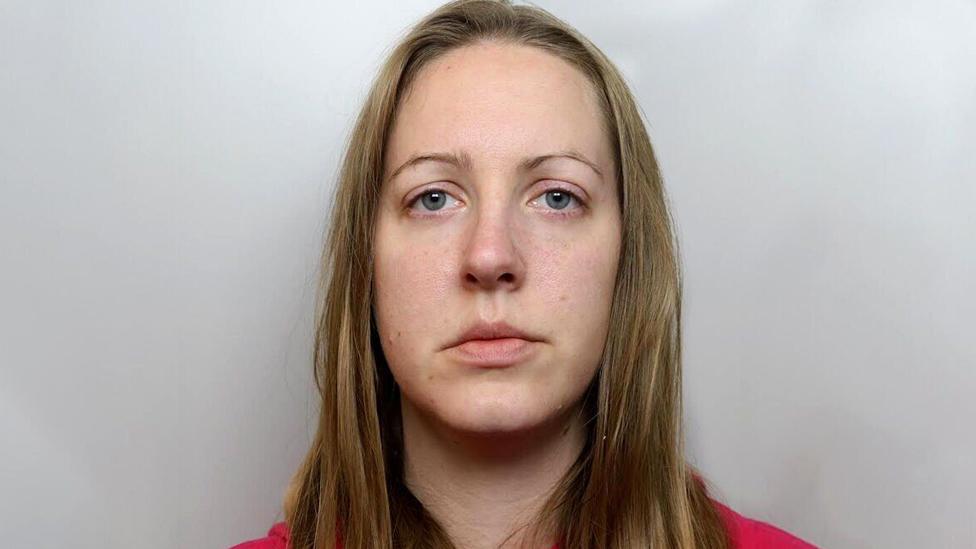
Dr Brearey said he was "put into mediation twice, once on fairly minor grounds and secondly with Lucy Letby herself"
In an interview with BBC Radio 4, Dr Brearey said since Letby's conviction, he had been contacted by doctors across the country.
"I've been deluged by emails and correspondence from clinicians... who have had similar experiences when they've raised patient safety concerns," he said.
He said there was a "theme coming through" of clinicians raising concerns and "being put into mediation by senior managers".
"I was put into mediation twice, once on fairly minor grounds and secondly with Lucy Letby herself and it seems to be a way of delaying action and investigating those concerns," he said.
He said medics felt as if it was "a way of turning the things back to the clinician and suggesting that they've done something wrong".
"It's almost like weaponising that process," he added.

Baby serial killer Lucy Letby

He also spoke of the need for medical professionals to be on hospital trust boards.
"In our trust, we used to have a senior consultant from the medical staff committee advising the board and a previous executive got rid of that role," he said."Non-executive directors are there to challenge executives, but usually they don't include somebody who's medically trained.
"With a case like [Letby], if there had been a medically trained non-executive director then maybe they might have been able to challenge decisions earlier."
On Wednesday, ministers upgraded the independent inquiry into Letby's crimes after criticism from the families of her victims.
Health Secretary Steve Barclay said after listening to the families, he had decided a statutory inquiry led by a judge was the best way forward, so it would have the power to compel witnesses to testify.
Dr Brearey said he believed an inquiry with those powers represented the families' "best chance to learn the truth".

Why not follow BBC North West on Facebook, external, Twitter, external and Instagram, external? You can also send story ideas to northwest.newsonline@bbc.co.uk, external
Related topics
- Published30 August 2023
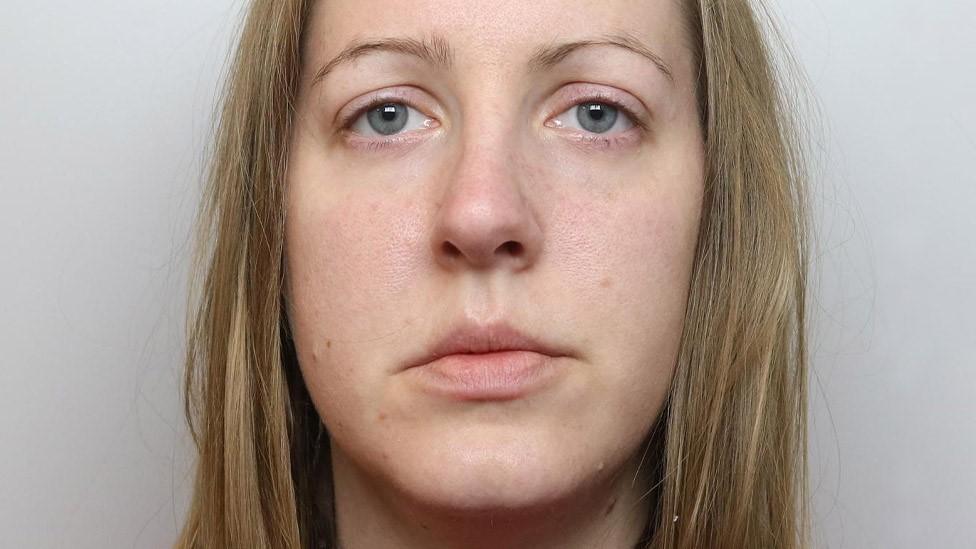
- Published18 August 2023
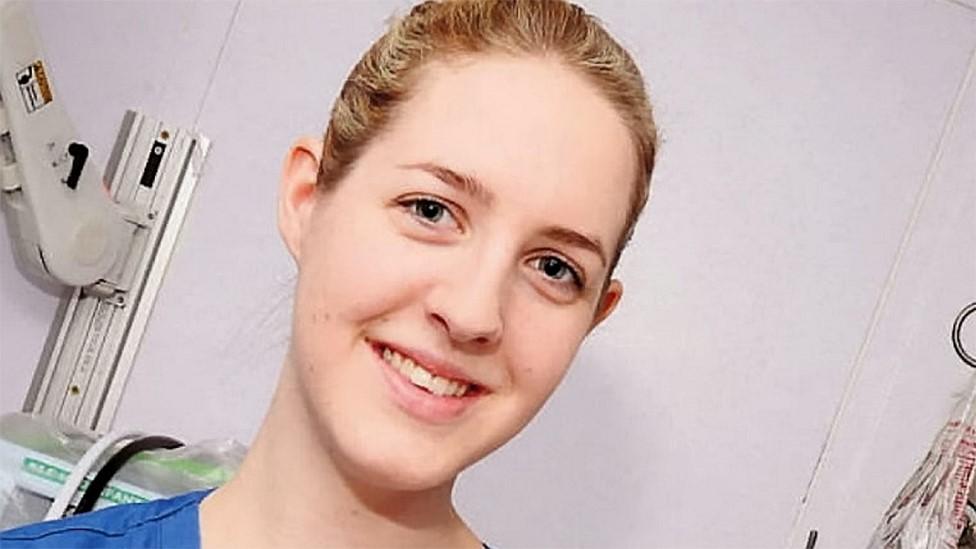
- Published18 August 2023
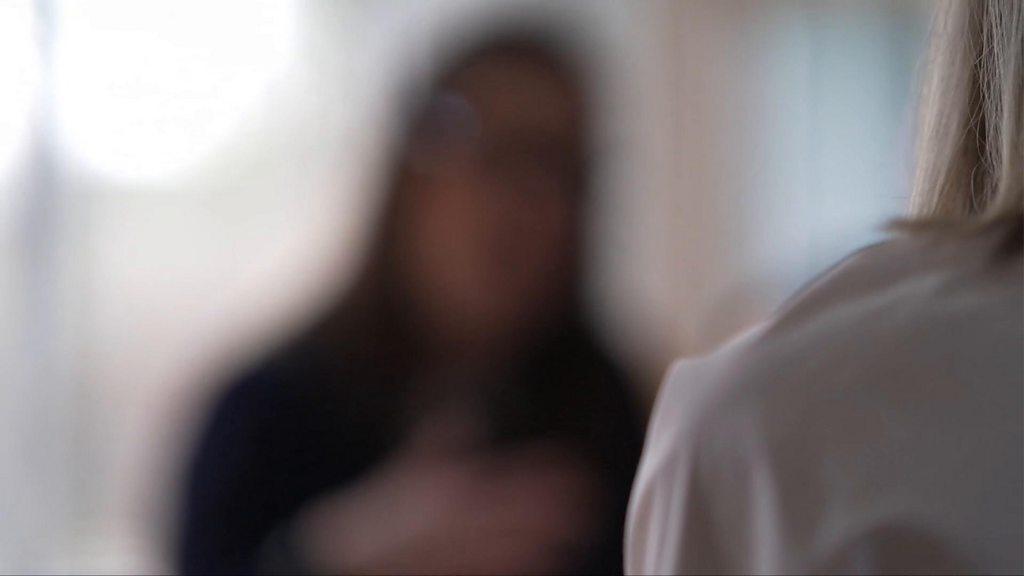
- Published21 August 2023
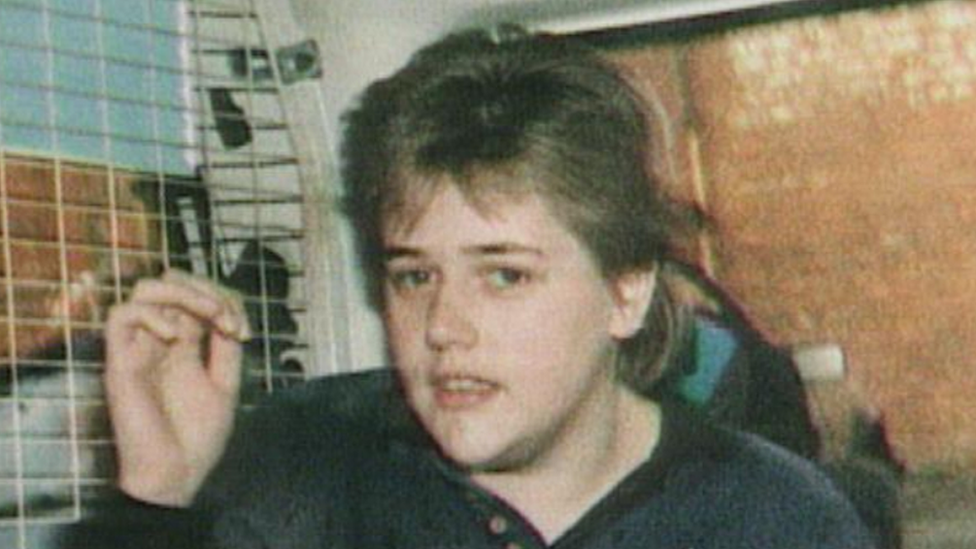
- Published18 August 2023
